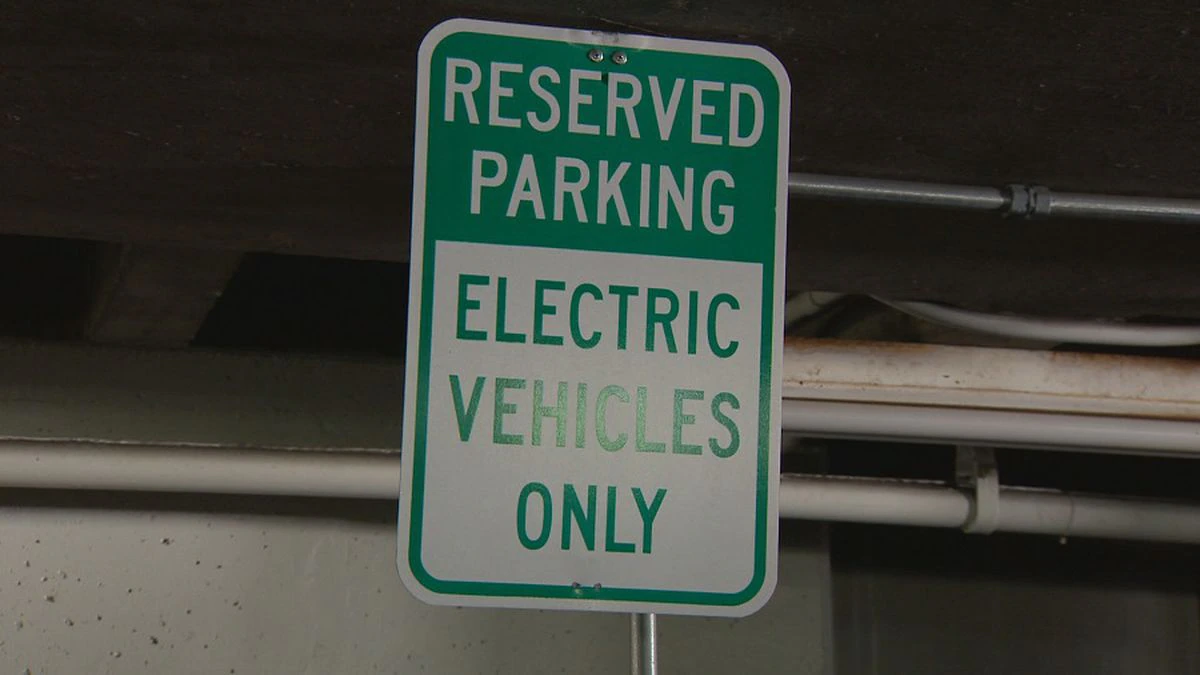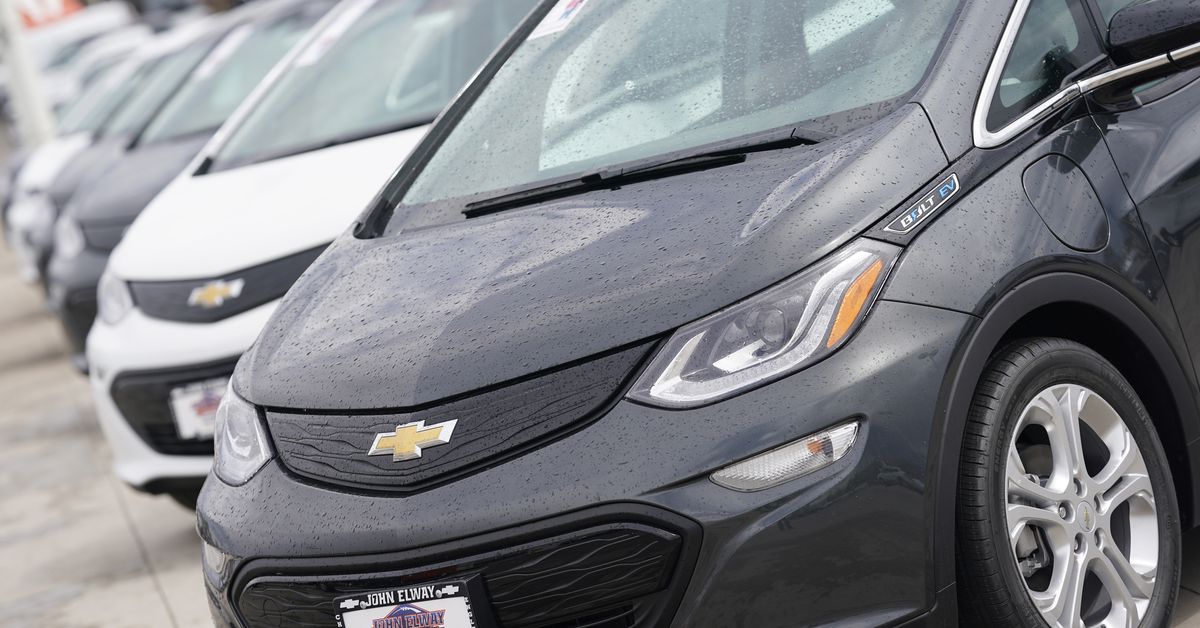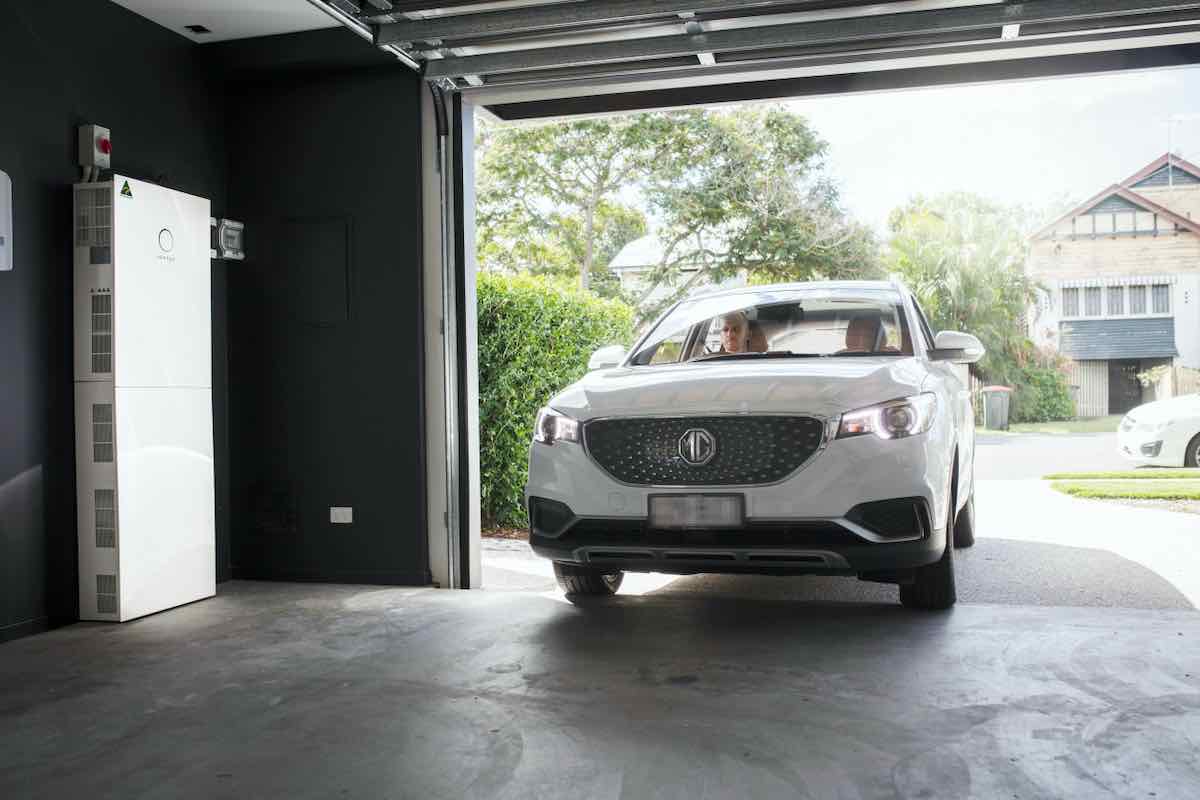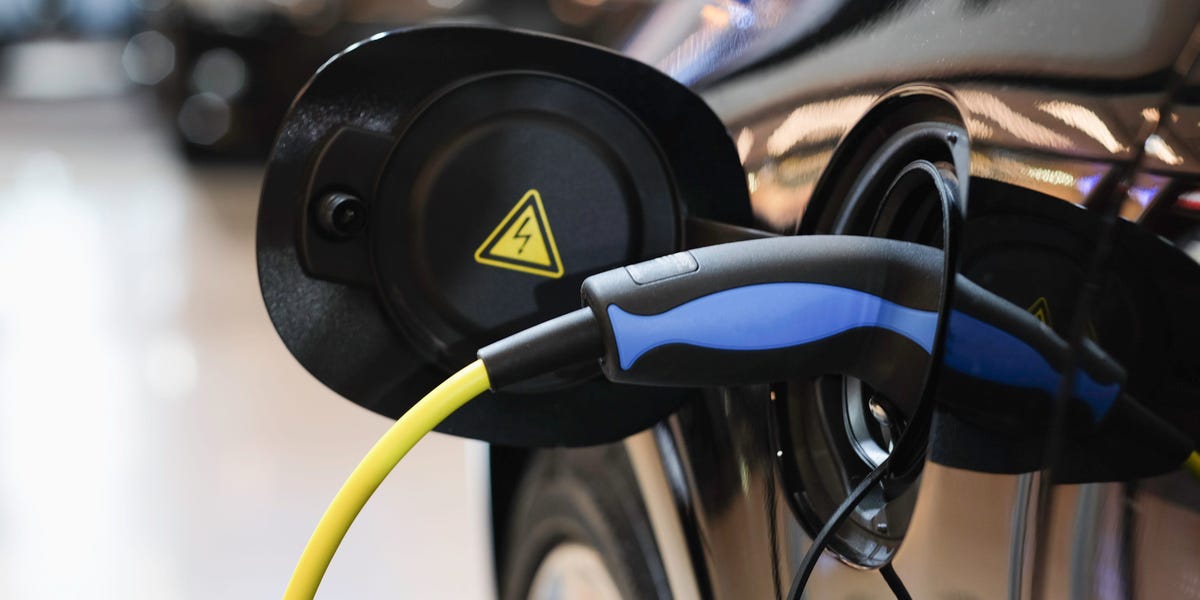Washington — President Joe Biden plans to visit Ford Motor Co. in Michigan next week — likely the day before the automaker’s Wednesday night launch of the electric version of the F-150 pickup truck, two sources familiar with the situation tell The Detroit News.
The F-150 Lightning EV still will be unveiled May 19 at the company’s headquarters in Dearborn, where workers spent the past few days installing a giant projector screen on the south side of world headquarters to tout the new truck.
The president is expected to tour Ford’s new Rouge Electric Vehicle Center, the new plant where the electric F-150 will be built, and other facilities next Tuesday. He is expected to view the new truck, receive a technical rundown from Ford engineers and offer remarks where the electrified version of the iconic pickup will be built by union labor.
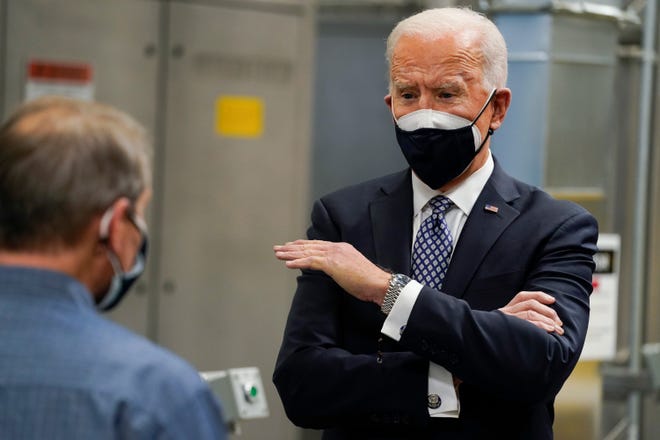
The situation remains fluid. The visit would come amid ongoing debate in Washington over the president’s $2 trillion jobs and infrastructure package, which includes significant funding for electrical vehicles. It also would come nearly three weeks after General Motors Co. said it would invest $1 billion in Mexico to build electric vehicles, drawing the ire of labor and some policymakers.
The electric version of the nation’s best-selling pickup truck is part of the company’s first set of electric vehicles, including the Mustang Mach-E that launched last year and the forthcoming electric Transit van. The company has recently bumped up its investment in electric vehicles as industry analysts predict global EV sales will snowball in the coming years.
Next week’s visit would be the president’s second trip to Michigan since taking office earlier this year, when he visited the Pfizer plant in Portage that manufactures COVID-19 vaccine. And like that visit, it dovetails with the president’s policy refrain in Washington.
Biden has proposed spending $174 billion to “win” the electric vehicle market globally as part of his $2 trillion jobs and infrastructure package. His plan would include significant investments in charging infrastructure, consumer incentives, research and development and funding for re-tooling existing factories to build electric vehicles.
He also insists the electrified autos of the future will be made by unionized workers in the United States. During a joint address to Congress two weeks ago, Biden told lawmakers “there’s no reason why Americans — American workers can’t lead the world in the production of electric vehicles and batteries.
“We have the capacity. They’re best-trained people in the world. And all the investments in the American Jobs Plan will be guided by one principle: Buy American. Buy American.”
Hourly workers at the Rouge complex are members of the United Auto Workers, whose leaders have supported the push to electrification, even as they raise concerns that electric vehicles — which require fewer parts, less maintenance and are expected to last longer than traditional gas- and diesel-powered vehicles — are expected to translate into fewer jobs on the assembly floor.
The union has pushed for provisions that would help workers transition to the new transportation economy. And the UAW is meeting with environmental groups to shape policy that will ensure jobs are protected.
Late last month, GM quietly announced it would spend $1 billion to revamp its Ramos Arizpe plant in Mexico to build electric vehicles. The company also has announced big investments in electric vehicles and has designated three U.S. plants to build EVs.
In less than the past year, GM has announced roughly $10 billion-worth of EV investments in the U.S. and Mexico — $9 billion for battery and EV plants in Michigan, Ohio and Tennessee, the company says.
But the news of the Mexico plant was blasted by the UAW, which called the move “unseemly” and a “slap in the face” and said no federal subsidies should go to EVs made outside the U.S. — a sentiment echoed by some in Washington. In a statement, Rep. Debbie Dingell, D-Dearborn, said:
“Electric vehicles must be built here in America by the finest workforce in the world — the American worker. Not one American dollar should support our own jobs being shipped off to Mexico — especially when we have the workers and the technology to manufacture the best vehicles of the future here at home.”
rbeggin@detroitnews.com
Twitter: @rbeggin

